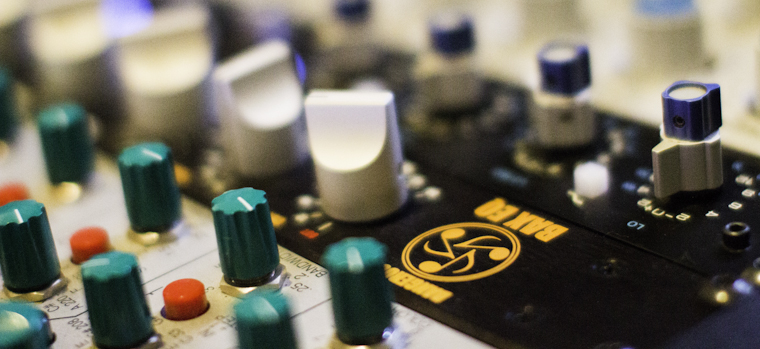
Please Note: Apple has updated Mastered For iTunes and it is now called Apple Digital Masters. The format and technical aspects are unchanged but now includes these masters for Apple Music Streaming.
What is Mastered for iTunes?
Mastered for iTunes is one type of master that is often misunderstood by artists and record labels alike. When presented with the option for a “Mastered for iTunes” master, most customers invariably select “yes” without knowing if they can actually submit a Mastered for iTunes master and how it differs from the standard iTunes store.
Mastered for iTunes is an initiative by Apple to provide customers with music that is encoded from a higher resolution audio file which has been mastered with certain quality checks in place. Both the iTunes and Mastered for iTunes stores currently sell music encoded with the iTunes Plus Codec which converts audio files to 256kbps AAC files. The audio files purchased in each case are at the same resolution, the difference is the source file used for the encoding.
Files sent to Apple for sale in the normal iTunes store are submitted as CD quality WAV files (44.1kHz 16Bit). This is the standard established by the compact disc which was the dominant format for music delivery when iTunes was first established. For iTunes to establish a catalog of music they had to embrace the market at that time and make a system simple enough for artists and labels to adopt. This meant that all current and past releases that were available on CD could be easily converted and sold in the iTunes store. These count for over 99% of tracks available in the iTunes store.
The music available in the “Mastered for iTunes” section of the iTunes store have been submitted to Apple at a higher resolution and have been mastered to make the most of the processing that converts the audio into the format that is sold online. Apple have provided mastering engineers with the tools needed to check and listen to their masters through the iTunes Plus Codec, meaning that the mastering engineer can tweak the master to deliver the best sounding audio possible to the iTunes consumer. In addition to this the final masters are submitted at their native sample rate with a higher bit depth. For example if a song was recorded and mixed at 96kHz 24bit, the mastering engineer would maintain that resolution through out and deliver the master at the same quality.
The difference in sound quality between Mastered for iTunes and standard iTunes tracks is definitely noticeable, especially on high quality playback systems. However the real upside of Mastered for iTunes is that both the artist and record label have an archive quality version of the master that can be used for future changes in music delivery formats. The Mastered for iTunes files are perfect for delivery in the high definition music stores that are slowly emerging and are ready when there is a shift in technology. In addition to this, if Apple change their codec or move the iTunes store to a higher resolution, they already have the high quality source files, so artists will not need to resubmit their back catalog to be current.
The down side to this is that currently only major record labels along with a few aggregators can submit content to the Mastered for iTunes store. Aggregators, such as CDBaby and Tunecore, also require the source files to be submitted twice in both CD and Mastered for iTunes quality and charge the artist separately for each submission. This is required in order to deliver the audio to all of the other various online stores and streaming services and requires two separate masters.
Mastering studios have become the gatekeepers of this new format and Mastered for iTunes files can only be delivered from an Apple approved mastering studio. In order to submit tracks to the Mastered for iTunes store you need to provide the details of the mastering studio that prepared the tracks and the studio/engineer must be on Apple’s approved list. Forensic Audio Mastering has been approved by Apple to deliver Mastered for iTunes releases.
So do you need to have your music Mastered for iTunes?
This will really depend on your method of release, how you are distributing your music and your future goals. In my experience most clients don’t need to Master for iTunes and they often mix this up with a standard iTunes release. The vast majority of releases available on iTunes come from CD quality masters and there is nothing wrong with that format. This is the format that iTunes was founded on and has been carried over as the default delivery format for most other online music stores and streaming services.
Mastered for iTunes does provide a slight edge in sound quality, especially with high quality playback systems. The real benefit is that masters delivered through the Mastered for iTunes initiative provide a means of future-proofing the release. This master is an archive quality version ready for future changes in formats and the emergence of high definition online audio. CD releases are becoming fewer and fewer and there is no reason to be limited by that format especially as internet speeds increase.
Ultimately the decision lies with the artist and record label. The music industry is currently undergoing a slow transition towards higher quality delivery formats and as with any transition, there are many uncertainties, hurdles and additional costs involved in staying current. At the end of the day a great sounding record will always sound great regardless of its method of delivery.
